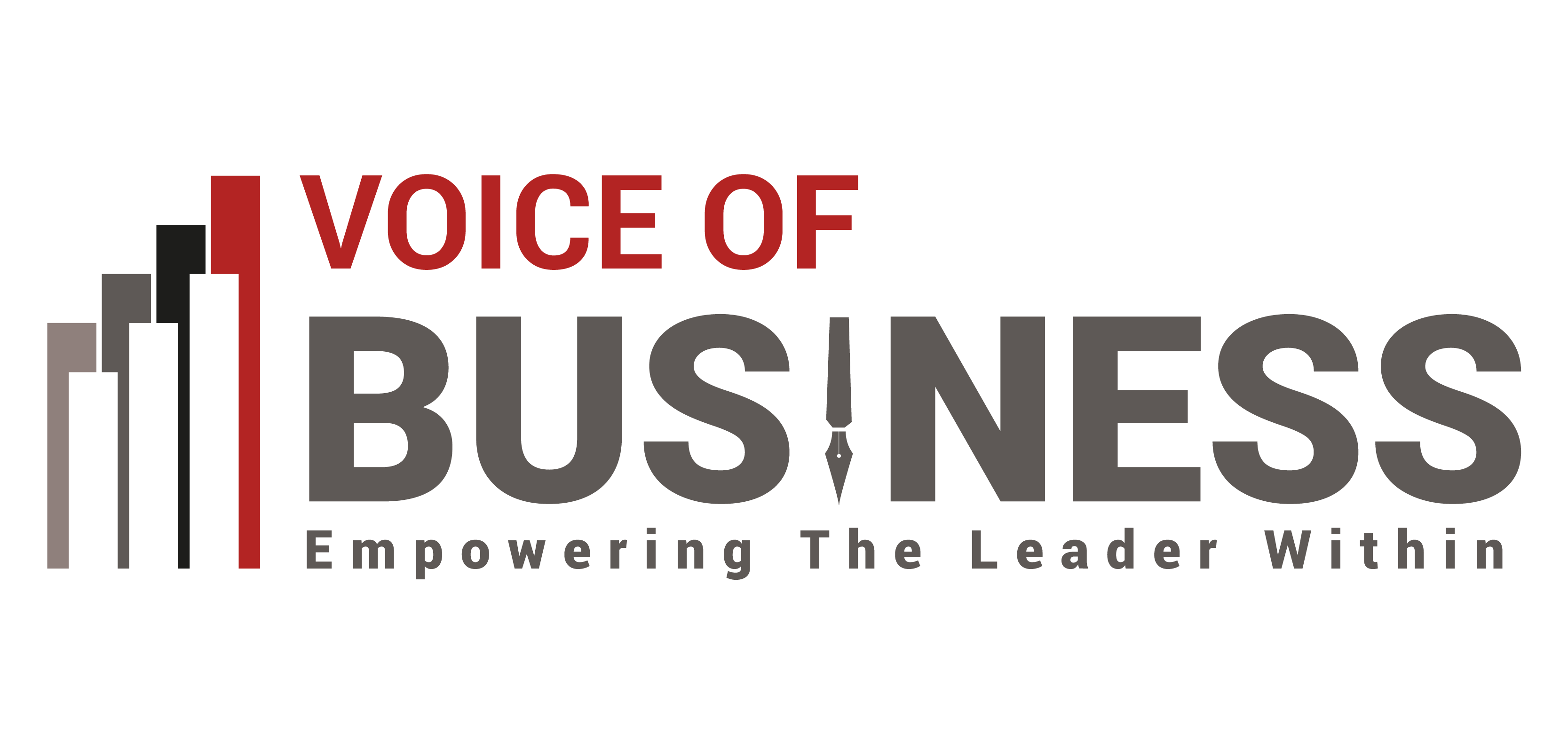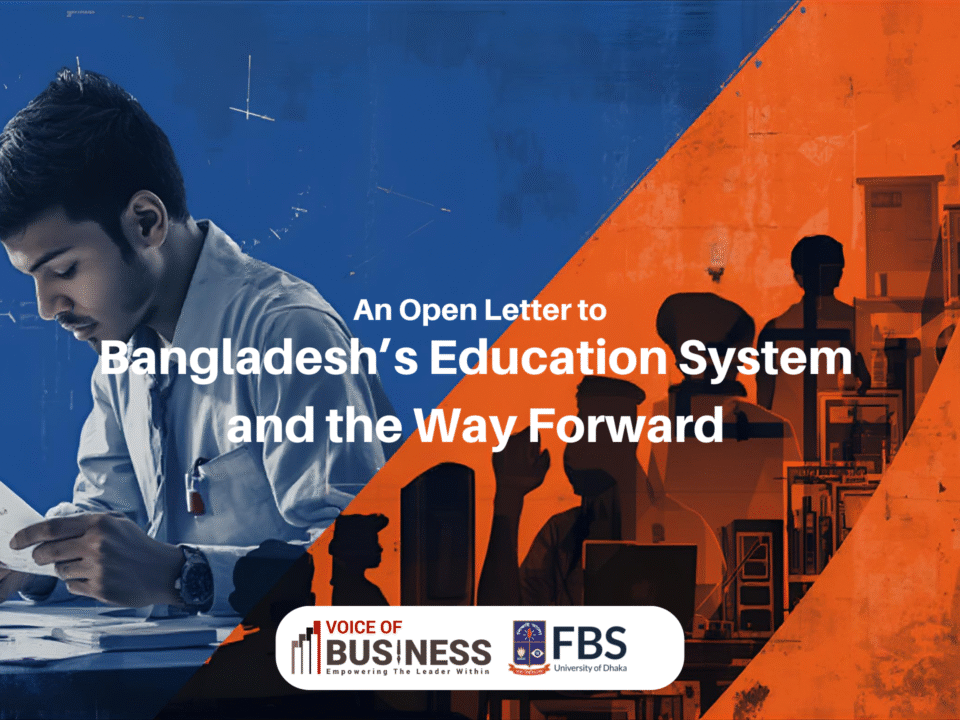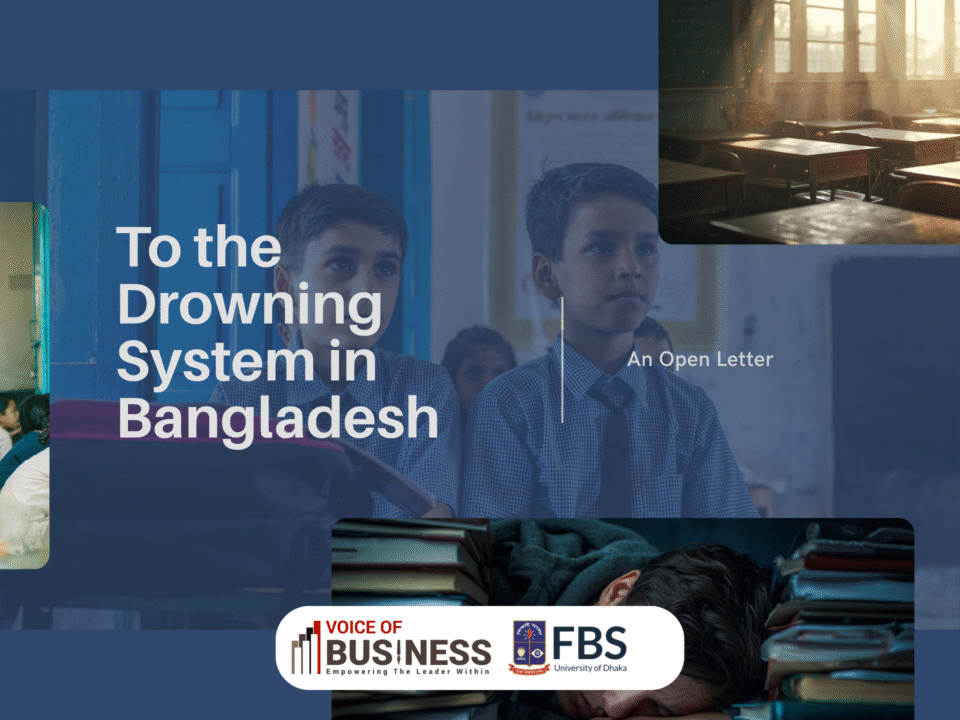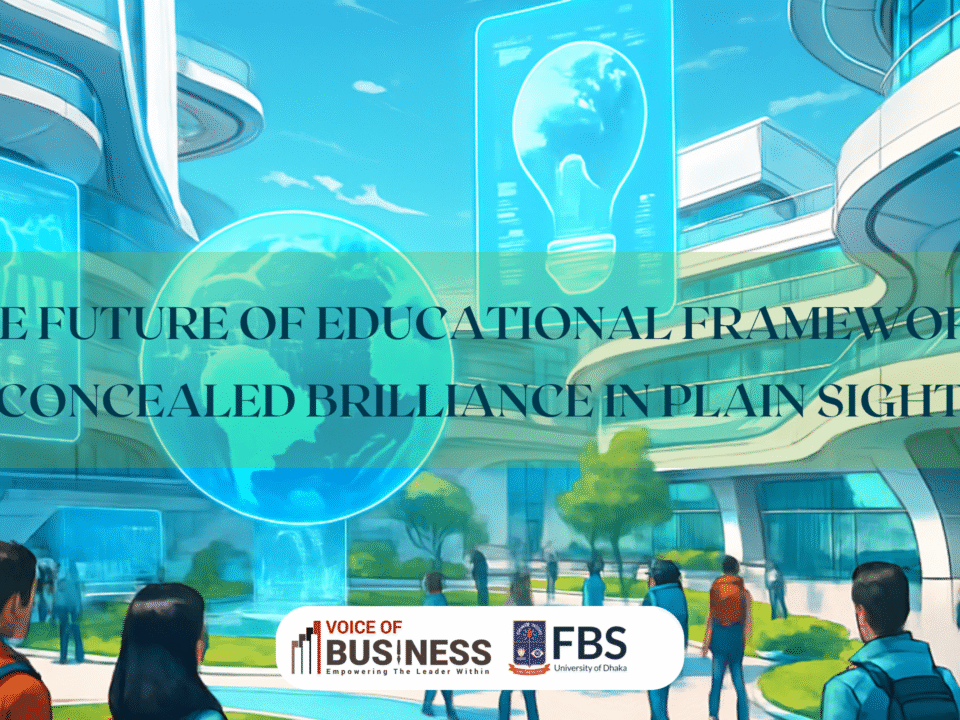Rewriting the Syllabus of a Nation

Artivist Dhaka’s Brushstrokes of Revolution
June 3, 2025
DEGREES WITHOUT DIRECTION
August 24, 2025The classroom clock ticks, the world runs ahead, but time stands still here. Bangladesh’s education system remains trapped in 1971, like a prisoner of fate.
The world is advancing through Artificial Intelligence and is entering the fourth industrial revolution, but our classrooms remain frozen. Globally, education is transforming, and learning is becoming more personalized, strategic, and technology-driven. Worldwide, AI-powered learning, microlearning, gamification, hybrid learning, and technologies such as VR or AR are becoming norms. And in the meantime, Bangladeshi education focuses on memorization-based learning with minimal involvement in practical education. The outdated education system continues to produce graduates for jobs that no longer exist, while essential skills, i.e, analytical thinking, creativity, and innovation, remain neglected.
In 1971, Bangladesh had scarce resources, limited access to institutionalized education. Only 25%1 of the population could read. The majority of the population was capable of rote learning, which was due to people’s tendency towards religion and the influence of local Maktabs2. The education at that time was shaped by necessity, focusing on basic literacy and patriotism, which fit a nation in its infancy.
But dear education system, have you evolved with time? You have watched the generation grow, but have you grown with them? On the 54th year of independence, our literacy rate has tripled to 74.66%3. However, the classrooms remain as fossils of the past. Chalk-duster lectures have been modernized into whiteboards-markers and digital screens, but they still strangle curiosity, multiple-choice questions still decide destinies, and rote learning is still treated as a valuable life skill. The aftermath? Every year, nearly 2 million people enter the job market 4 and 11.5% of them remain unemployed5. Shockingly, one-third of the unemployed population in Bangladesh holds a tertiary degree. These numbers are not mere statistics; these are stories of our Bangladeshi youth and the consequences of an education system that has provided our students a certificate, not life skills.
reality of our broken system goes even deeper. The incompetence of our schools and the influence of toxic competition have given rise to coaching centers- a parallel education universe. The exam-focused training completely disregards true learning, while institutional teachers prioritize private tuition over public responsibilities. This approach of commercializing education erodes respect for teachers and deepens inequalities. Besides, constant policy shifts without prior warning leave students confused. MCQs one year, creative questions the next, introducing a new grading system, and a curriculum without enough preparation breeds frustration and mistrust among the students, parents, and teachers. It fails to build confidence and rather sows doubt, anxiety, and fails to train students for the future. Besides, multiple lines of education, i.e, English medium, Bangla medium, Madrasah, each following a different curriculum and philosophy, only enhance educational inequality, and educational justice remains unfulfilled.
Employers worldwide currently seek employees possessing analytical skills, creativity, emotional intelligence, leadership, and team-management skills, which our syllabus has miserably failed to integrate. The World Economic Forum predicts that 40% of the workers’ core skills requirements will be shifted by 20306, while our education system remains revolving around outdated disciplinary practices rather than future-facing reformations. During COVID-19, only 18.7% of the students could access remote learning7, which shows our drastic inability to ensure equitable technology access.
But these situations aren’t meant to evoke pity; these demand discussion and, most importantly, action. Every year of delay produces another cohort of unprepared graduates who will fail miserably in the face of modern challenges. Will we let another generation get crushed under the outdated syllabi?
The first and foremost crucial reform must initiate with the curriculum. The existing curriculum is extremely outdated and inadequate. It needs to be modernized. Coding, financial literacy, climate science, and analytical skills should be taught from middle school onward. Students should be allowed to choose project electives, ie, robotics, theatre, agro-tech, and environmental science, as Finland has shown drastic success by adopting this measure.
Secondly, the assessment technique must be redesigned. The high-stakes assessments should be replaced with year or semester-long projects, presentations, and digital portfolios. The assessment should be restructured to honor growth rather than memorization skills.
Our educators are the backbone of any reform. They have to be well-trained and well-incentivized. Teachers should go through annual digital-pedagogy training, and they should be offered research opportunities and grants, as well as bonuses.
Lastly and most importantly, we must bridge the technological divide. Every rural school must receive high-speed internet, a reliable power source, and low-cost devices pre-loaded with open-source learning materials. Public-Private partnerships with local tech companies can turn this into a reality. Simultaneously, community-driven initiatives will assist parents and teachers in adapting to the changes.
Now, when I think of a future Bangladesh, I imagine a school in Rangamati equipped with solar panels, computer labs with high-speed internet, and students designing flood-resistant house prototypes in labs. Bangladesh, where students will chase their dreams, their passion, and learn about innovation. Where mothers don’t have to forcefully teach their kids, where education is fun, where graduates don’t wander for a job that matches their major, where employers can report more and more job-ready graduates, and our students can continue learning through cyclones and pandemics.
The clock hanging in our classrooms has been a silent witness to our static education system, of the choices we have made. We have watched the world change through the window of our unmoving classrooms, but this time we have to open the doors. The same hands that once slid through chalkboards now swipe through screens, the same brains used for memorization now seek answers, innovations, and creation. Gen Z does not need miracles—they need an education system that matches their curiosity, ambition, and potential.
The clock is still ticking. Will we let it witness another generation left behind? Or will we move with it this time?
Dear education system, let’s move with it this time.
Author: Subruka Mahabub Arpi
Position: Winner of WC 2025
Institution: University of Dhaka




